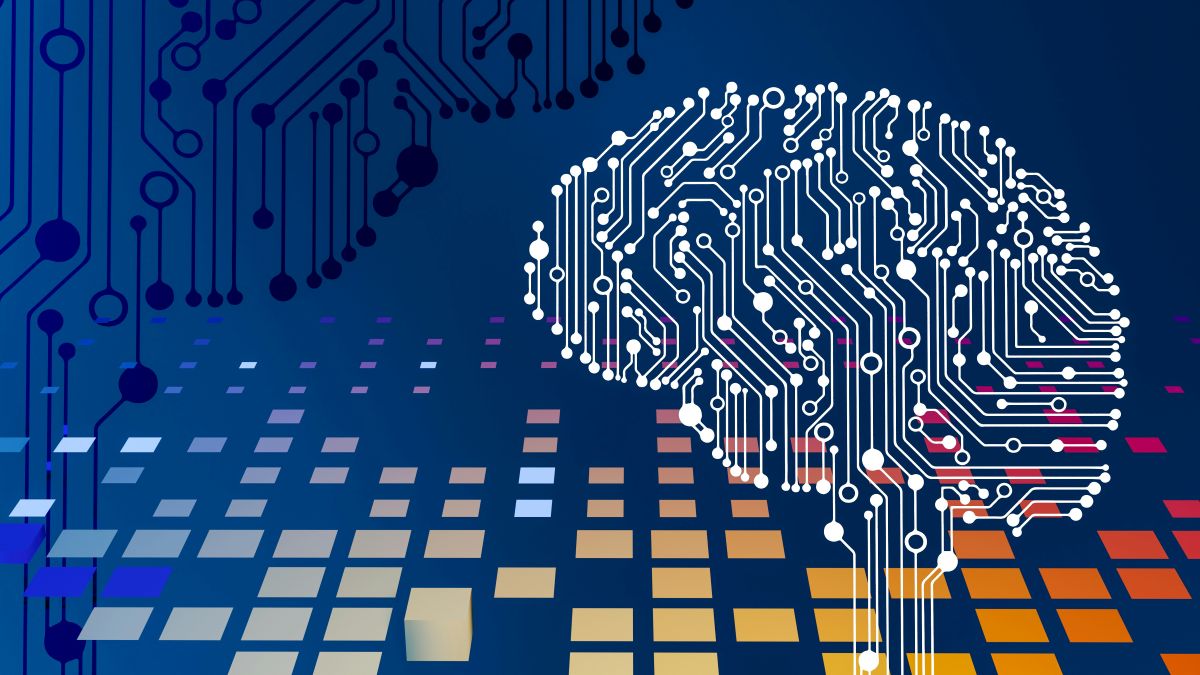Generative AI Careers: Jobs You Can Land in 2025 and Beyond
Generative AI is revolutionizing industries by creating new opportunities for businesses and professionals alike. With advancements in AI models, companies are increasingly relying on generative AI to enhance creativity, streamline processes, and improve decision-making. From content creation to problem-solving, this technology is becoming integral in industries ranging from entertainment to healthcare. As we look ahead to 2025, the demand for skilled professionals in generative AI is expected to soar.
The ability to create content, automate processes, and even generate innovative solutions using AI models like GPT, DALL·E, and others has opened up a wealth of career possibilities. As businesses embrace generative AI to stay competitive, roles in this field are rapidly evolving. Whether you're a seasoned professional or someone looking to break into the field, there are numerous career opportunities available that are poised to grow in the coming years. Below, we explore five key careers that will shape the future of generative AI and the job market in 2025 and beyond.
1. Generative AI Engineer
Generative AI Engineers are at the forefront of developing and deploying AI models that create new content, predict trends, or automate complex processes. These professionals build, train, and fine-tune models like GPT or Stable Diffusion to solve specific problems for companies. Whether working with natural language processing (NLP), image generation, or even AI-driven music composition, Generative AI Engineers design the frameworks and algorithms that power the AI systems.
To become a Generative AI Engineer, a strong background in machine learning, deep learning, and computer science is essential. Additionally, expertise in programming languages like Python, TensorFlow, and PyTorch is required. As AI models continue to evolve, the need for engineers capable of designing and optimizing these systems will be critical. In 2025 and beyond, companies in industries ranging from tech startups to established corporations will rely on Generative AI Engineers to unlock the full potential of AI systems.
In this role, professionals not only need technical proficiency but also the ability to understand business needs. As AI applications grow, engineers will increasingly collaborate with business leaders to ensure AI solutions align with strategic goals. This makes the role of a Generative AI Engineer both challenging and exciting, offering plenty of opportunities for growth and innovation.
2. AI-Driven Content Creator
With the rise of AI tools capable of generating high-quality written content, visual art, and even video, the role of an AI-Driven Content Creator is becoming more common. These professionals leverage generative AI to produce everything from blog posts and social media captions to digital artwork and interactive experiences. They collaborate with businesses, media outlets, and entertainment industries to create engaging content using the latest AI technologies.
AI-Driven Content Creators need a blend of creativity and technical know-how. While they don’t need to be AI experts themselves, they should understand how to interact with AI tools, providing prompts and guiding the AI to produce content that aligns with brand voice and audience expectations. In addition to AI knowledge, strong writing, graphic design, and video editing skills are crucial.
As generative AI models become more sophisticated, content creators will increasingly rely on them to generate ideas, assist with writing, or even automate certain creative processes. In 2025, the role of an AI-Driven Content Creator will not only focus on creating content but also on optimizing workflows and scaling content production using AI, making it an indispensable career for media and marketing professionals.
3. AI Ethics Specialist
As generative AI continues to advance, the ethical considerations surrounding its use become more complex. AI Ethics Specialists are responsible for ensuring that AI technologies are used responsibly, fairly, and transparently. These professionals assess potential risks, such as bias in training data, the impact of AI-generated content on privacy, and the implications of AI in decision-making processes.
The role of an AI Ethics Specialist requires a deep understanding of AI technologies combined with knowledge in law, ethics, and social responsibility. Professionals in this field must navigate the legal and moral landscape of AI, making decisions that impact how AI is developed and deployed. In industries like healthcare, finance, and media, AI ethics will play a critical role in maintaining trust and accountability as generative AI models are increasingly used to make critical decisions.
In 2025 and beyond, as generative AI becomes more embedded in everyday business operations, AI Ethics Specialists will be essential for ensuring compliance with ethical standards and guiding organizations through potential legal challenges. This is an ideal career for individuals passionate about technology and its societal impact, as the role combines both technical and humanitarian concerns.
4. AI Product Manager
AI Product Managers are responsible for overseeing the development and deployment of AI-based products, including those powered by generative AI models. They work closely with engineers, designers, and business stakeholders to ensure that AI products meet user needs and business objectives. This role requires an understanding of both AI technology and product management, bridging the gap between technical development and market demands.
In this role, product managers must define the vision, strategy, and roadmap for AI-powered products, ensuring that teams deliver user-friendly, innovative solutions. As generative AI becomes a core component of many products, AI Product Managers will play a crucial role in driving product design, development, and iteration. The role will require strong leadership and communication skills, as well as a deep understanding of market trends and customer needs.
As AI continues to permeate various sectors, the demand for AI Product Managers will only increase. Professionals in this field will be responsible for shaping the future of AI-based applications, from virtual assistants to AI-powered creative tools. By 2025, this career will be essential for companies looking to develop cutting-edge products powered by generative AI, offering excellent opportunities for those looking to blend creativity with technical innovation.
5. AI Data Curator
Generative AI models are only as good as the data they are trained on. AI Data Curators play a critical role in ensuring that datasets are high-quality, relevant, and unbiased. These professionals are responsible for sourcing, organizing, and curating the data that feeds into AI systems. Whether it's text, images, or video, AI Data Curators ensure that the data used to train generative AI models meets the necessary standards for accuracy and fairness.
A deep understanding of data management, machine learning, and the ethical considerations of data usage is essential for this role. AI Data Curators must also be proficient in data wrangling techniques, able to clean and format large datasets to ensure they are ready for use in AI model training. With generative AI models increasingly relying on vast datasets, the demand for skilled data curators will grow significantly in the coming years.
In 2025, AI Data Curators will play an even more vital role as organizations ramp up their use of generative AI. These professionals will be critical to ensuring that AI systems are trained on the most relevant and ethically sound data, making this career path an essential part of the AI ecosystem. For those with a passion for data and AI, this career offers a rewarding opportunity to shape the future of generative AI technologies.
Find a Future in Generative AI Today
The world of generative AI is vast and growing rapidly, opening up a wealth of exciting career opportunities. Whether you're interested in engineering, content creation, ethics, product management, or data curation, there’s a role for you in the future of AI. As technology advances, the need for skilled professionals who can develop, manage, and optimize generative AI systems will continue to rise.
For industry leaders looking to upskill or reskill their workforce in generative AI best practices, WorkForce Institute offers an accelerated generative AI bootcamp program that can prepare students for these roles and more. By equipping professionals with the knowledge and tools they need to succeed in this fast-evolving field, WorkForce Institute is helping to shape the future of AI careers in 2025 and beyond.
Ready to jumpstart your generative AI career? Apply today to WorkForce Institute's generative AI bootcamp program and get job-ready for the AI-powered future!


